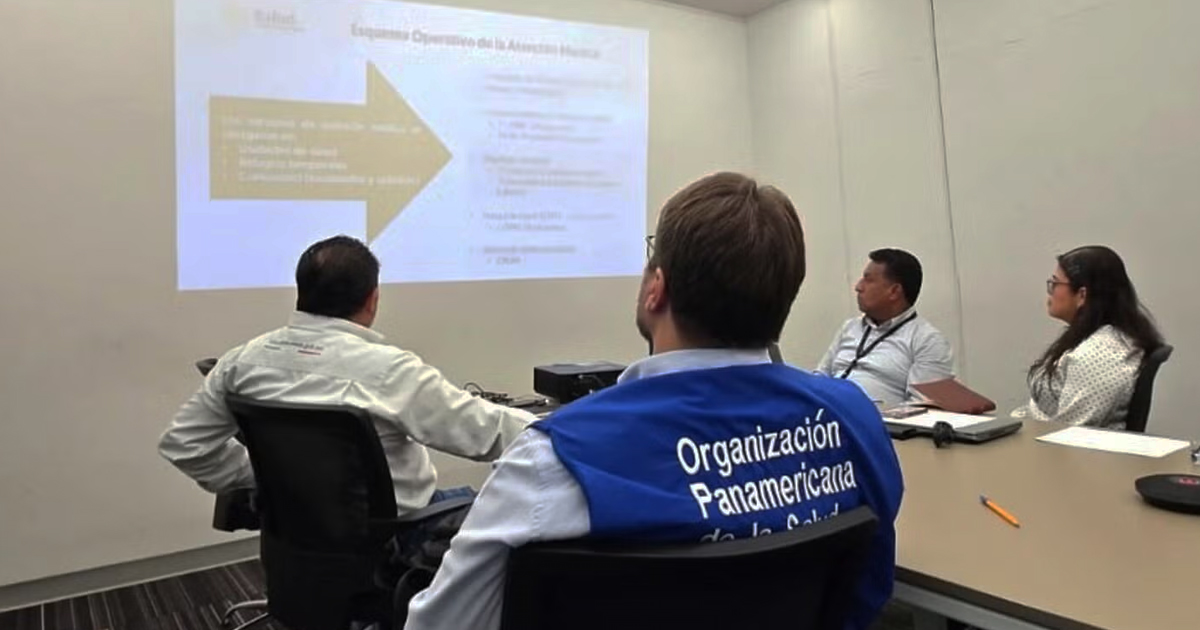Las aplicaciones móviles de Digital Health han representado un gran cambio en como los investigadores médicos monitorean y manejan la salud de los participantes de estudios clínicos.
The aplicaciones móviles de salud han revolucionado la forma en la que se reclutan pacientes, se recolectan datos y en general cómo se realiza la investigación médica y clínica. Sin embargo, existen diversos retos que deben afrontarse, el más importante es el abandono por parte de los pacientes en estudios que involucran estas nuevas tecnologías.
Mobile apps offer various advantages such as easy accessibility; remote evaluation that allows avoiding or making fewer visits to the research site; the reduction of investigation times, among others. Similarly, it is possible to involve variables in real time depending on the objective of the study, for example, location data, physical activity, or lack of physical activity, weather, air quality, and more.
A literature review study published in The Journal of Medical Internet Research, aimed to identify the factors and strategies used to promote the participation and retention of adult participants in this type of study.
“A pesar de estas abrumadoras ventajas, muchos estudios de salud móvil experimentan una alta deserción de participantes debido a los desafíos fundamentales de mantener a los participantes comprometidos”, explican los autores.
Los autores realizaron una búsqueda sistemática en bases de datos como PubMed, MEDLINE y PsycINFO, de estudios publicados entre 2015 y 2020 de Digital Health o salud móvil, que evaluaron estrategias o problemáticas para mejorar la participación y retención de participantes adultos en estudios.

The study used the Preferred Reporting Items for Systematic Reviews and Meta-Analysis (PRISMA) guidelines as a method, through which related topics were identified and the narrative of the studies was compared as a way of filtering the information related to the factors that affect or determine patient retention.
After searching, the authors found 389 studies, of which 62 were included in the review. Some of the factors that achieved commitment in participants were elements such as feedback, appropriate reminders and support in the use of the app. In the same way, they identified the factors that did not allow retention, such as the lack of support functions, technical difficulties and the app's usefulness.
“La investigación sobre las aplicaciones masivas de ResearchKit (marco desarrollado por Apple) a nivel de población apareció en ambos casos, utilizando técnicas de participación y retención tanto exitosas como no exitosas. Aunque las barreras bajas para la entrada inicial podrían permitir el reclutamiento de miles de participantes, las mismas características también funcionaron como barreras bajas para la salida”, explican. Además, el alto número de reclutamiento, demostró ser también un factor adverso cuando la retención es deficiente.
“La investigación futura debería considerar cómo equilibrar mejor estas necesidades e incorporar factores como el estado clínico, la referencia de los proveedores y la compensación en los planes de reclutamiento para las aplicaciones a nivel de población”, explican los autores.
Check out the full study here https://jmir.org/2022/4/e35120







